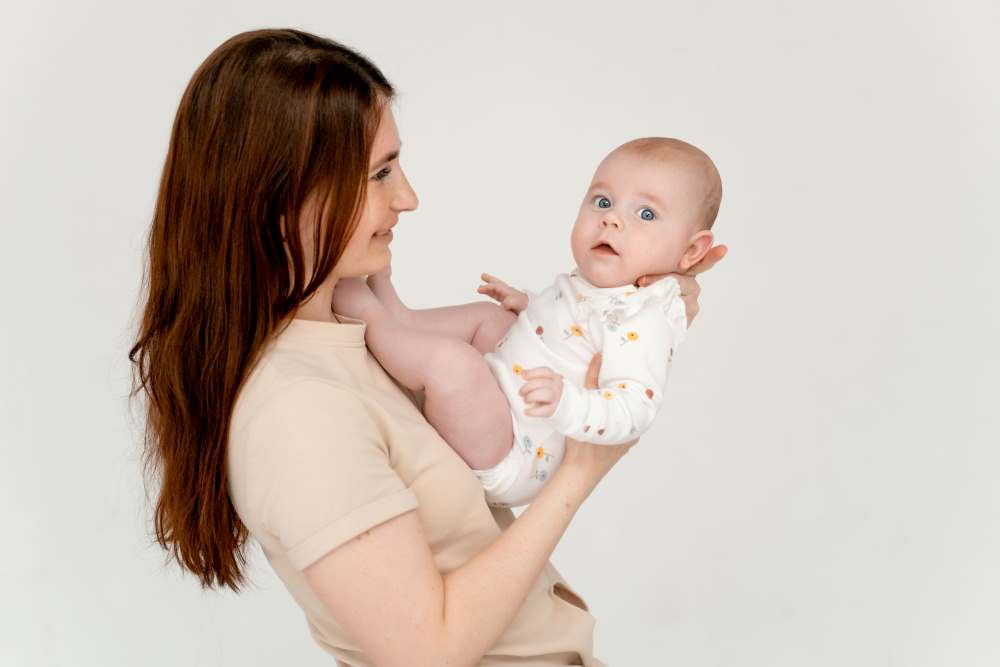
For many, the dream of starting a family can be difficult to navigate. Medical conditions, infertility, and age-related issues can pose serious challenges to individuals or couples who seek to have children. The good news is that egg donation can be an incredible solution for those who cannot conceive on their own. Women donate eggs to help others create the family they want. This guide aims to provide you with all the essential knowledge about egg donation, especially if you're considering egg donation in Utah, and how you can help make a difference in someone's life.
What is Egg Donation?
Egg Donation: A woman donates her eggs to assist someone else who cannot conceive. The recipients might not generate healthy eggs because of medical conditions, age, or other reasons. Same-sex couples or single men who want to have children can also benefit from egg donation.
The process is facilitated by agencies and clinics specializing in egg donation Utah that assist you with the paperwork and ensure both sides have the best support possible. Women who donate eggs receive financial compensation, but the greater gift they are providing is an opportunity to change someone’s life forever.
The Egg Donation Process
Understand the process of egg donation well if you are considering it. The process is closely monitored to protect the donor and the recipient, as well as the health of the eggs. Here’s what to expect when you decide to donate your eggs:
-
Screening and Consultation: The initial step toward egg donation is comprehensive screening. However, potential egg donors are screened both medically and psychologically. These screenings purpose to ensure that as the donor, you're in a good physical state to undergo the procedure and are emotionally within the right headspace before doing so.
-
Medical Evaluations: Evaluations encompass assessments, ranging from blood work and genetic screenings to ultrasounds, to gauge ovarian function and general physical health. Psychological evaluations are done to make sure the donor understands the emotional effects of egg donation and is ready for it.
-
Becoming Matched with Intended Parents: After you’ve passed the screening process, it’s time to be matched with intended parents. In egg donation, a fertility clinic or agency usually works to match the donor and recipient. (To determine compatibility, donors are matched with recipients based on factors like physical characteristics, medical history, and their personal preferences.) Depending on the donor and recipient’s preference, the match can be anonymous or open.
-
Ovarian Stimulation and Monitoring: Once you're matched the donor will begin the ovarian stimulation. This also means going through hormone injections that cause the ovaries to develop chances of multiple eggs instead of just one, as per normal. The “hopes” is to have as many eggs as possible to collect.
-
During this time, the donor will go to the fertility clinic a few times a week for blood tests and ultrasounds to check how she is responding to the hormones. These visits include seeing if the ovaries are stimulating properly and the eggs are maturing accordingly.
-
-
Egg Retrieval: After the eggs reach maturity, the next step is the egg retrieval process. This is a minimally invasive procedure performed under sedation. A fertility doctor will extract the eggs using a needle from the ovaries. The procedure takes about 20–30 minutes and is performed in an office setting.
-
They may also experience cramps in the days following the procedure, but these symptoms go away after a couple of days on average. The donor is followed up after her procedure to make sure that she's recovering well.
-
-
Rest After Donation: After an egg retrieval, the donor will be allowed time to rest. During recovery, a fertility clinic will monitor her hormone levels and health. A plumber could also provide emotional support services to help the donor process the experience.
-
The eggs retrieved are then fertilized in the laboratory using sperm from the intended father (or sperm donor). They check on the embryos to see which develop and implant one or more healthy embryos into the recipient’s uterus to achieve a successful pregnancy.
-
Why Consider Egg Donation?
Donating eggs is an extremely altruistic and rewarding decision. Women donate eggs for many reasons, whether it is because they want to help others have the joy of becoming parents. Although monetary compensation is typically a component, many egg donors are driven by the opportunity to help others meaningfully.
Egg donation is also a chance for women to make a real difference in the lives of those individuals who may not otherwise can have children. It is a deeply rewarding experience where donors give a truly priceless gift, the gift of family.
Conclusion
Egg donation is a generous and life-affirming gift of compassion. The egg donation Utah program provides an opportunity for women to help others create the family they've always envisioned. This is a highly regulated and controlled process that helps protect the safety and well-being of all parties involved. Passionate about Helping Families: Whether driven by the desire to help others achieve their dreams or the chance to make a meaningful impact, egg donors are an essential part of creating families and changing lives. If you’re thinking about becoming an egg donor, please be aware that your choice can have a long-lasting impact on someone’s life by allowing them to be parents and to start the family they’ve dreamt about.



























